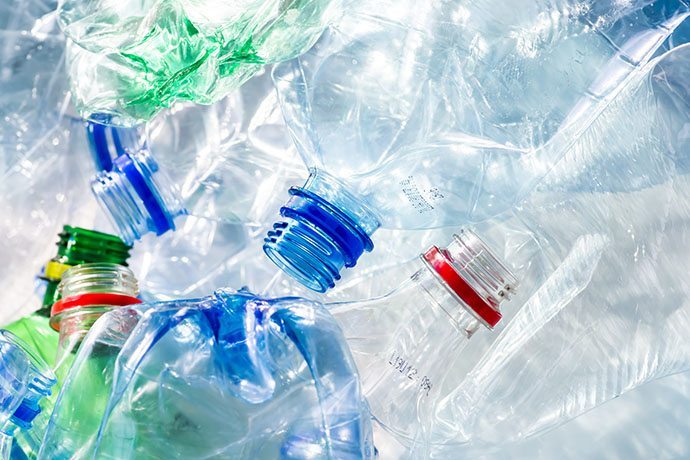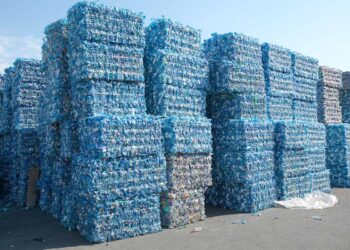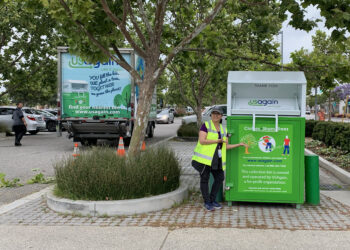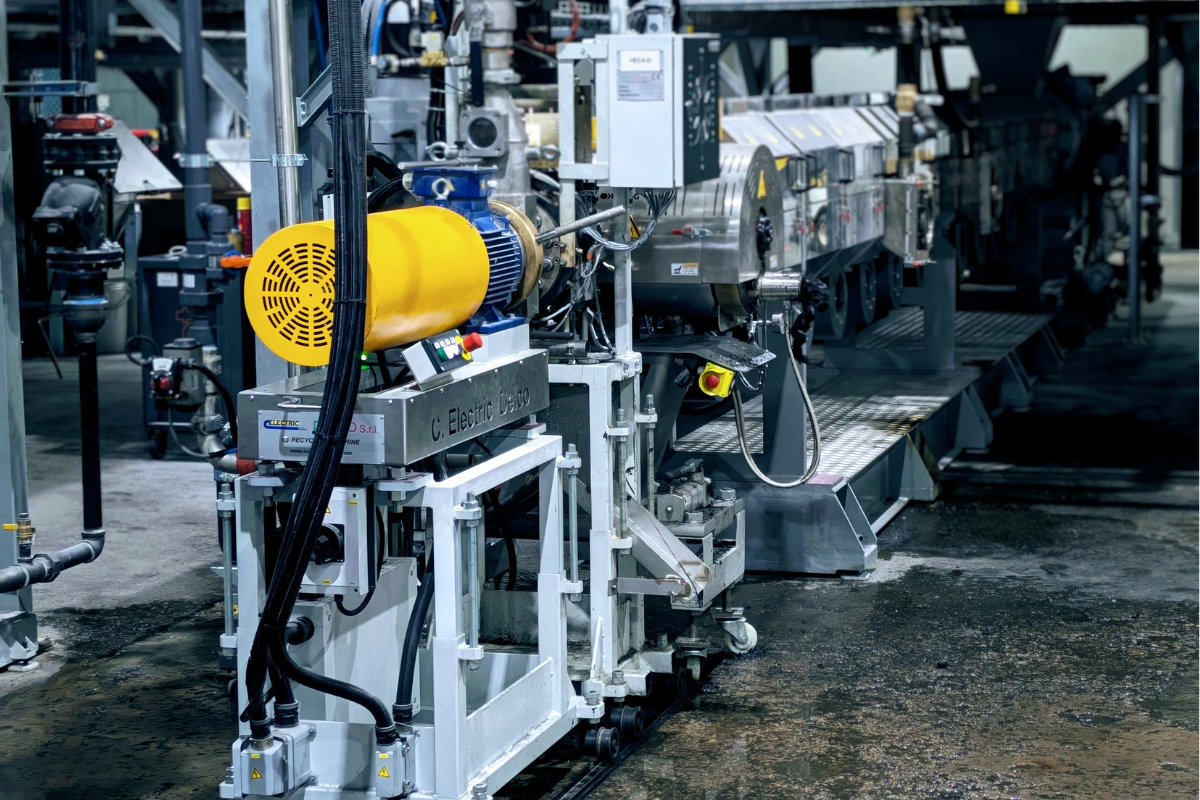The basis for Europe’s 72% collection rate of PET comes down to regulation and collaboration, Antonello Ciotti, chairman of PETCORE Europe, said in a recent podcast.
On the adaPETation podcast, Ciotti said that PCR minimum content mandates are vital, as is working at a local and global scale simultaneously.
“The effort is so big that you really need to have a combined effort,” he said. There should be agreed-upon global design for recyclability guidance, to give “a clear understanding of what we mean by recycling,” as well as financial support to stand up robust local collection.
“Third, the industry has to make an effort towards getting rid of the plastic that is not necessary,” he said, adding that “we would like to see these on a global basis.”
Nuance is key to successful regulatory development
The European Union has directed each member country to average 25% recycled content per PET bottle by 2030, stepping up to 50% by 2040. The European Union Packaging and Packaging Waste Directive also sets a 10% minimum recycled content rate for other polyolefins by 2030, and “we would like to see something higher,” Ciotti said.
Regulation such as extended producer responsibility is a strong tool, he added. In Italy, the EPR scheme is a private consortium, Ciotti said, and while “it’s a system where everybody is unhappy,” it’s also successful.
Municipalities would like more money for material, sorters would like to get more volume, and brands would enjoy more eco-modulation of fees, Ciotti said. “But in the end it’s working, and every year we recycle more than 1.4 million tons out of the 2 million tons that are placed in the market.”
PETCORE Europe supports ecomodulation and plastic reduction, Ciotti said, as well as the idea of a virgin “plastic tax,” which “is something easy to say and difficult to realize.”
Any tax should be carefully considered, he said, because “to increase taxes only a certain part of the value chain is never a good idea, because then this part of a value chain will try to escape.”
Instead, taxes should be designed to create overall support within the industry, he said. The challenge of doing so was on display in Busan, South Korea, late last year during the fifth Intergovernmental Negotiating Committee meeting for a global plastics treaty.
“Everyone agrees with the target to reduce pollution, the problem is how,” Ciotti said. “Busan, we were not able to find an agreement. Why? Because some countries are pushing back on the concept of reducing plastic pollution with the need to reduce plastic consumption.”
However, the fact that discussion is still open and will continue into another meeting “is a good sign of the willingness of the countries to reach a conclusion,” he added. Ciotti remained hopeful about the future of recycling on a local and global level.
“I think the best is still to come in the sense of new technologies,” he said. “We are just at the beginning. We need to realize that waste is no longer waste. Waste now has a value and is going to be resources for the future.”





























